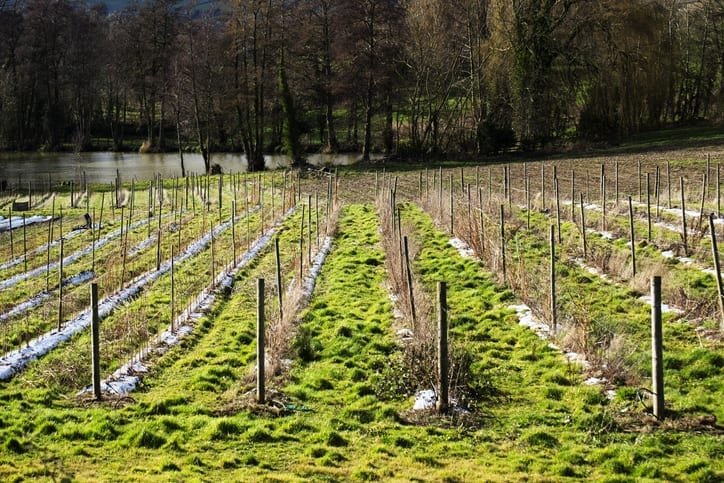In a world first, the Climate Change Committee (CCC) has today (09 December) presented the a detailed route to a fully decarbonised nation.
Last year, the UK became the first major economy to make net zero emissions law. In its new 1,000-page report, the CCC sets out the path to that goal over the next three decades, including the first ever detailed assessment of the changes that will result and, crucially, the key milestones that must be met.
Net zero savings
The Sixth Carbon Budget shows that polluting emissions must fall by almost 80% by 2035 compared with 1990 levels. Just 18 months ago this was the UK’s 2050 goal.
To deliver this, a major investment programme across the country must be delivered, in large measure by the private sector.
That investment will also be the key to the UK’s economic recovery in the next decade. In many areas we will see real consumer savings as the nation begins to use fewer resources and adopts cleaner, more efficient technologies, like electric cars, to replace their fossil-fuelled predecessors.
The CCC finds that these savings substantially reduce the cost of net zero compared with previous assessments – now down to less than 1% of GDP throughout the next 30 years.
This is thanks not only to the falling cost of offshore wind, but also to a range of new low-cost, low-carbon solutions in every sector.
‘The Sixth Carbon Budget is a clear message to the world that the UK is open for low-carbon business. It’s ambitious, realistic and affordable. This is the right carbon budget for the UK at the right time. We deliver our recommendations to government with genuine enthusiasm, knowing that Britain’s decisive zero-carbon transition brings real benefits to our people and our businesses while making the fundamental changes necessary to protect our planet.
‘As we emerge from the Covid-19 pandemic, the Sixth Carbon Budget is a chance to jump-start the UK’s economic recovery. Anything less would shut us out of new economic opportunities. It would also undermine our role as President of the next UN climate talks.’
LORD DEBEN
Climate Change Committee Chairman
Jobs in low-carbon industries
The CCC’s message to government is clear: the 2020s must be the decisive decade of progress and action on climate change.
By the early 2030s, every new car and van and every replacement boiler must be zero carbon; by 2035, all UK electricity production will be zero carbon.
Modern low-carbon industries will grow – producing hydrogen; capturing carbon; creating new woodlands and renovating and decarbonising the UK’s 28 million homes. These industries provide hundreds of thousands of jobs throughout the UK.
The CCC concludes that these changes are feasible and affordable but only if they are led by decisive action from government – now.
The process must also be fair and just; the report includes important new insights into how the costs and the benefits of net zero can be shared more evenly.
These are fundamentally desirable goals, bringing wider benefits including better health and an improved natural environment.
With bold new climate commitments from China and, soon, the US, over half of global greenhouse emissions will shortly be covered by net zero targets.
This has brought the goals of the Paris Agreement within reach. If the CCC’s recommendations are adopted by Ministers next year, the Sixth Carbon Budget will position the UK as a true global climate leader, as it prepares to host heads of state for the next major climate summit in Glasgow.
 Play Video about This Rock Might Just Save The World
Play Video about This Rock Might Just Save The World Play Video about Play 2 hours of rock
Play Video about Play 2 hours of rock Play Video about Play 2 hours of brook
Play Video about Play 2 hours of brook Play Video about Play 2 hours of sheep
Play Video about Play 2 hours of sheep















































